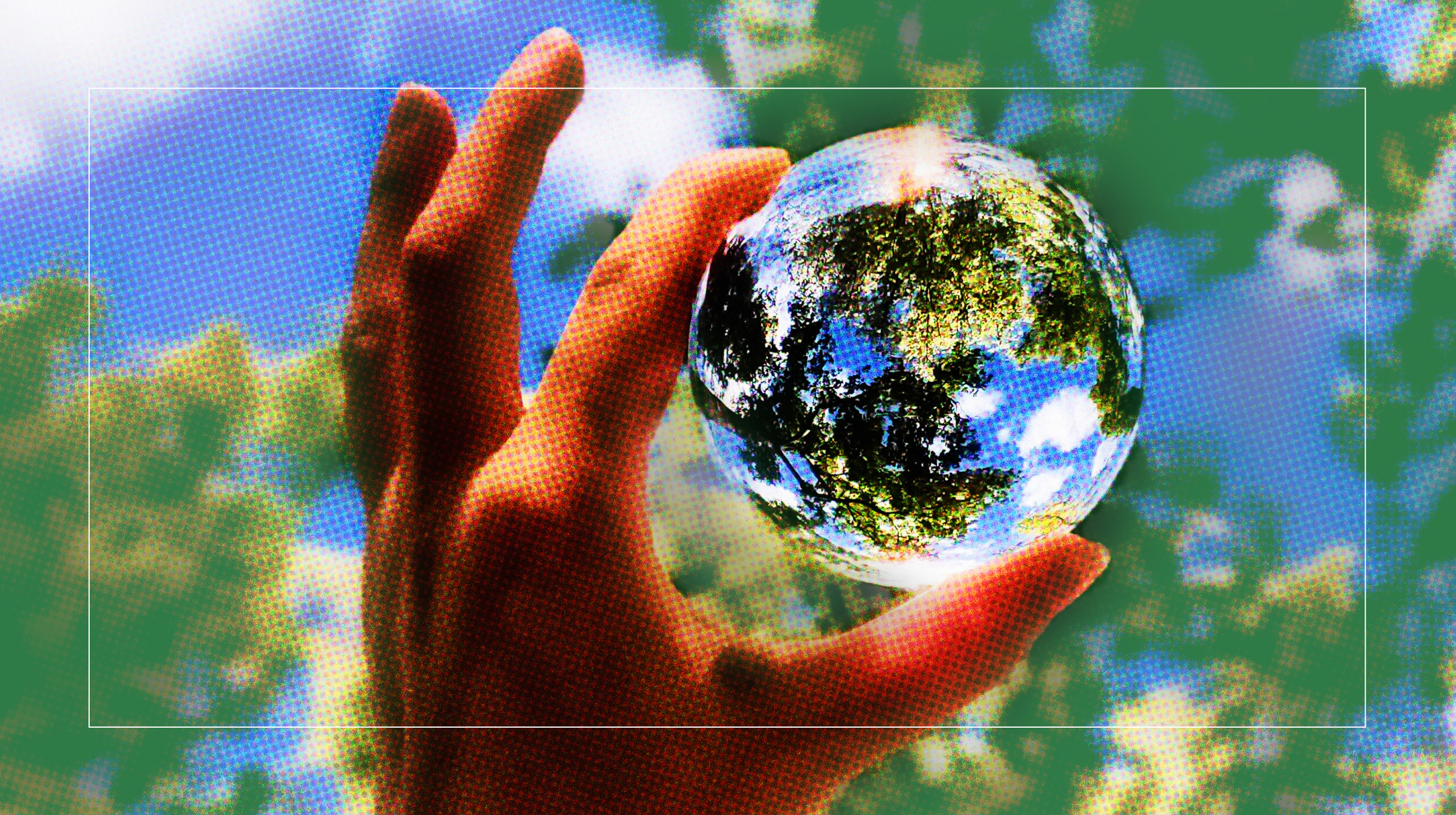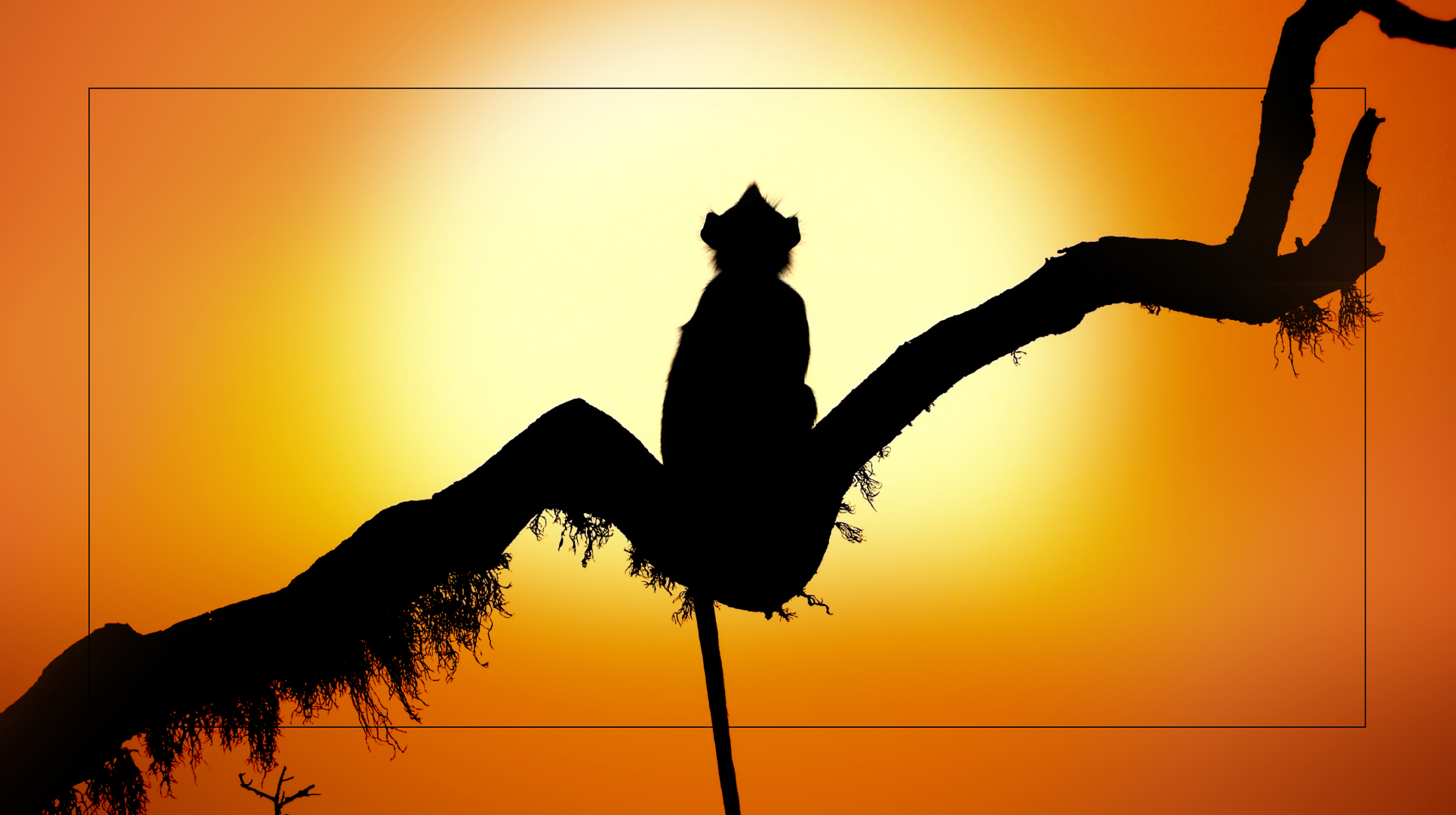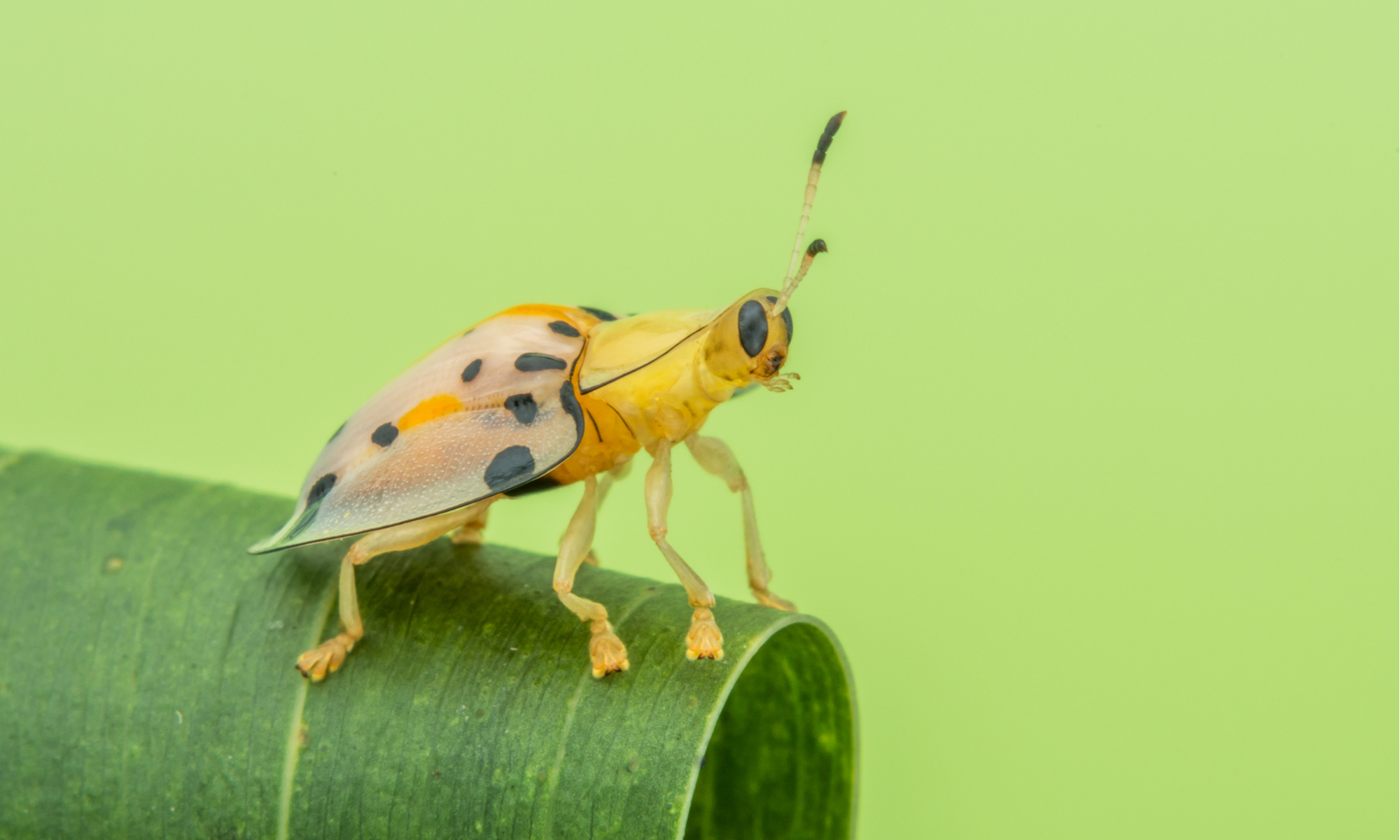Niche construction refers to the mutual interaction between organisms and their environment, where organisms change their environment in ways that affect their own lives and the lives of other organisms. Agustín Fuentes, a professor of anthropology at Princeton University and author of Why We Believe: Evolution and the Human Way of Being, tells us that this bi-directional relationship has been recognized as an important part of evolutionary dynamics since the 1970s and 1980s — but has existed forever.
Niche construction can be seen in many different organisms — such as earthworms that burrow through soil, extract nutrients, and create better conditions for future generations of worms and other organisms. But for humans, niche construction includes cultural and societal interactions. Fuentes argues that humans reshape the world with a pace and pattern that no other organism can. This double-edged sword of innovation can be used for good, but it also has the potential to cause harm: think climate change, political unrest, and economic strife.
To engage with the world in a more sustainable way, Fuentes urges humans to think critically about the ways we can tilt the dynamic of our niche construction with our planet into a more mutually beneficial relationship. “The complex reality for humans today is that we have an opportunity to work with the world. And for the most part, we seem to be working against the world.”
Agustín Fuentes: So, in the world right now, there's 8 billion humans. There's a lot of climate problems. There's a lot of political problems, and economic problems. There's just a lot of problems. Many people are like, "Well, that's because there's too many people." "We're destroying the planet." "There's just too many people." It's not exactly true. Humans are very good niche constructors. We're incredible at manipulating the world around us for our own good. Can this human creative ability to look at the world around us to see the way it is and imagine new ways and try to make them happen, can that get us to a better, more equitable future- not just for humans, but for the planet, and everything living on it?
So the real challenge is then: Okay, how do we live? How do we use energy? How do we create and distribute food? How do we create and distribute health and wealth? How do we create and distribute social good? The complex reality for humans today is that we have an opportunity to work with the world, and for the most part, we seem to be working against the world. People who are interested in the world, right, how animals and plants live, have long realized that there's some kind of relationship between the animal and the environment. Darwin in particular said, "Look, what's really going on is that the environment is shaping organisms and causing them to change." But what we have known for some time, and really began to be formalized in the sort of '70s and '80s, is this idea of niche construction; the mutual interaction between organisms and their world is bi-directional: it goes both ways.
While there are pressures from the world for food, for mates, for safety, pushing on organisms — they also push back. So niche construction is an incredibly important part of evolutionary dynamics that allows us to understand the nuance and complicated relationships between organisms' environments in a new way, in a more complicated way, but in a more biologically and evolutionary accurate way. We can think about niche construction in many, many organisms that do it in different ways: The example that Darwin mentioned, and many have talked about, is the earthworm. So if you have a potting box and there are no earthworms in it and then you take some earthworms and you put them in that soil, what happens is those earthworms start burrowing through the soil. They ingest the soil and extract stuff out of it and put stuff in it, and then basically poop the soil out. They redo the ecosystem, making it better for future generations of worms easier to live there, but they also change it for plants and for other animals living in and around the soil. So that's a great example of niche construction where the actions by organisms change the ecology, making future generations have a maybe easier way of dealing with it.
But there's even a better more, I think, closer to human example of this, and that is the beaver. They leave their home. They find a new place. They pair up with another beaver, and then they chop down a bunch of trees and gather a bunch of wood, reorganize that wood, and they create both a little house and a dam. So they change the chemical structure of the water. They change the temperature and flow of the water. They create an environment for themselves; all such that those little beavers that they're going to have eventually, have a better time of it. That's niche construction, right? Beavers are responding to the challenges of the world: of food, of mates, of safety, by redoing the world around them. But humans, for better and for worse, we reshape the world in a pace and pattern that nothing else does.
So, when we talk about niche construction in humans, we're not just talking about making buildings or dams or using fire to heat things. We're also talking about ideas, faiths; beliefs about death and afterlife; about morals and ethics; about economics and justice. All of those things shape how we act. So, what we have to recognize then is the human capacity to create, to imagine, to live in incredibly complex societies, to build amazing technologies, is a double-edged sword, right? On one hand, it slices through all our challenges and makes us capable of doing a lot of stuff. On the other hand, it slices through bodies and lives and hopes and dreams. And so the same capacity that makes humans, in my opinion, amazing, makes us awful. We have the capacity to be the most amazing, compassionate, incredible organisms on this planet. At the same time, we have the capacity to be the worst, cruelest, most violent organisms — and it's that dynamic process that makes us human.
What we can do is think technologically, biologically, ecologically, and ask questions about sustainability. And maybe to do this, we might want to listen to peoples around the planet, who are not the major contributors to the problems. It's just that we've been trying one system, a particular mode of economics and technology, and yeah, it's sort of gotten us into a bad place. So maybe, just maybe, we need to think culturally, a little bit more expansively, to do a better job of biologically and ecologically engaging with the world. Now, many people will just say, "Well, it's just nature." Right? The fact that some people are rich and some people are poor, it's just nature. The fact that in some cases men are violent to women, it's just nature. There's never just nature: It's always history and politics and culture and experience and biology and bodies and brains and hormones and diets, all mixed together. So, anyone that says things are the way they are because of human nature, doesn't know what human nature is.






